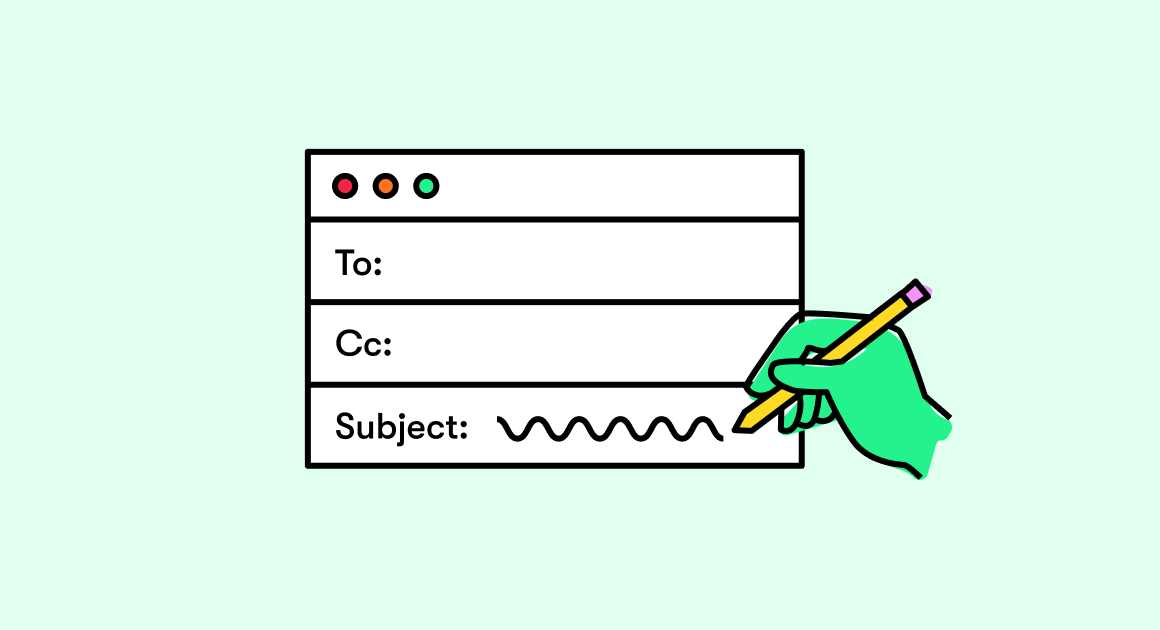A psychologist is a “person who does research or counselling in psychology and uses psychological methods to treat mental, emotional, behavioural, or developmental disorders.One of the challenges that many people face when trying to find a good educational psychologist in Singapore is finding one who is ethical. That’s where this post comes in. “Tips for finding a good educational psychologist in Singapore” provides information about what to look for and how to choose an ethical education professional.
1. Reputation
A good educational psychologist should have a good reputation. Here are some signs that you can use to determine the reputation of an educational psychologist:
A. A good educational psychologist will have a website with testimonials, client reviews and endorsements.
B. A good educational psychologist will be well known in the area he works and be seen as an expert in his field.
2. Education
A good educational psychologist is someone who has completed a 4-year, a graduate degree in psychology. Educational psychologists should have a master’s degree or doctorate in psychology. The educational psychologist will have at least 3 years of experience working in his field. The educational psychologist should also be licensed to practice in Singapore.
3. Experience
A good educational psychologist has worked as an educator, school counsellor, professor or researcher before becoming an educational psychologist. This allows the professional to have a good understanding of how the education system works. A good educational psychologist should also be able to interact well with different people from different backgrounds (children, parents and teachers).
4. Ethical practices
A good educational psychologist should be ethical and abide by the Code of Ethics for Educational Psychologists (Singapore Psychological Society) which states that educational psychologists should:
“Keep confidential information about clients and seek written consent to use data for research purposes. Ensure that all members of a research team have an opportunity to be involved in, and/or approve, the development of all aspects of the study. Take every reasonable precaution to protect subjects’ confidentiality and privacy. Disclose any professional role in a study, including the nature of any financial interest (e.g., personal or professional). Make clear that participation is voluntary. Minimise inconvenience and discomfort to participants, if possible, by discussing study procedures with them beforehand, providing contact information if they have questions in the future, and making the payment arrangements clear before participation begins.”
5. Specialisation
A good educational psychologist will also have a specialisation in his field of expertise, such as setting up and running a clinic that deals with paediatric mental health. In addition, the educational psychologist should be able to handle the needs of children and young adults, who are at different stages of development and have different types of problems.
6. Clients
A good educational psychologist will also have a good relationship with his clients. This means that he or she is honest and upfront about the fees he or charges for services. The educational psychologist will also work with other professionals such as therapists and psychologists to help clients through their personal problems.
That’s it. If you’re looking for an educational psychologist in Singapore, follow these 6 tips and you should be able to find one who is ethical and knowledgeable in his field.



